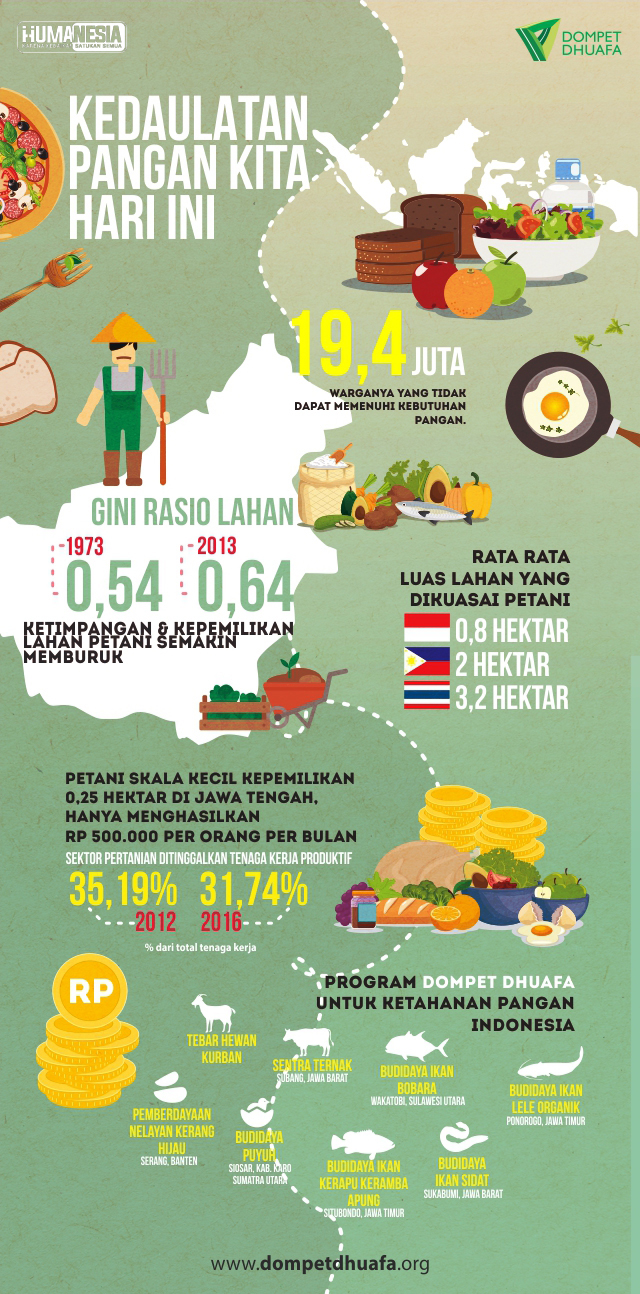Strategi Peningkatan Produksi Tanaman Pangan
 Source: bing.com
Source: bing.comIntroduction
Ensuring sufficient food production is a crucial goal for any nation. As the world population continues to grow, it becomes increasingly important to implement effective strategies for increasing food crop production. These strategies involve various techniques and approaches that aim to optimize agricultural practices and maximize yields. In this article, we will explore some of the key strategies that can be employed to enhance food crop production.
Improving Soil Fertility
 Source: bing.com
Source: bing.comOne of the fundamental factors influencing crop productivity is soil fertility. By improving the nutrient content and structure of the soil, farmers can create a favorable environment for plant growth. This can be achieved through practices such as organic fertilization, crop rotation, and the use of cover crops. These methods replenish essential nutrients, enhance soil structure, and promote beneficial microbial activity, thus leading to increased crop yields.
Implementing Precision Agriculture
 Source: bing.com
Source: bing.comPrecision agriculture involves the use of advanced technologies and data analysis to optimize farming practices. By employing techniques such as GPS-guided machinery, remote sensing, and data analytics, farmers can accurately monitor and manage their crops. This enables them to apply fertilizers, water, and other inputs precisely where and when they are needed, reducing wastage and improving resource efficiency. As a result, crop production can be significantly enhanced.
Utilizing High-Quality Seeds
 Source: bing.com
Source: bing.comThe choice of seeds has a significant impact on crop productivity. Using high-quality seeds that are specifically bred for improved traits, such as disease resistance, high yield potential, and tolerance to adverse environmental conditions, can greatly enhance crop production. Additionally, the adoption of genetically modified (GM) crops can provide farmers with access to seeds that exhibit traits beneficial for increased productivity.
Optimizing Water Management
 Source: bing.com
Source: bing.comWater scarcity is a significant constraint for agricultural production in many regions. Therefore, implementing efficient water management techniques is crucial for increasing crop yields. Practices such as drip irrigation, rainwater harvesting, and the use of drought-tolerant crops can help optimize water usage and ensure that crops receive the necessary moisture for growth. By reducing water wastage and ensuring proper irrigation, farmers can improve their overall productivity.
Implementing Integrated Pest Management
 Source: bing.com
Source: bing.comPests and diseases pose significant threats to crop production. Implementing integrated pest management (IPM) strategies can effectively control pest populations while minimizing the use of harmful pesticides. IPM involves a combination of techniques such as biological control, crop rotation, and the use of resistant varieties. By adopting these approaches, farmers can protect their crops from damage and reduce yield losses.
Enhancing Mechanization
 Source: bing.com
Source: bing.comMechanization plays a vital role in increasing agricultural productivity. By utilizing modern machinery and equipment, farmers can streamline their operations, reduce labor requirements, and enhance efficiency. Tasks such as plowing, planting, and harvesting can be performed more effectively, allowing farmers to cultivate larger areas and achieve higher yields. Moreover, mechanization enables timely and precise operations, leading to improved crop production.
Adopting Sustainable Agricultural Practices
Sustainable agricultural practices are essential for long-term food production. By minimizing the use of synthetic inputs, conserving natural resources, and preserving biodiversity, farmers can ensure the sustainability of their agricultural systems. Practices such as organic farming, agroforestry, and soil conservation techniques promote ecological balance and maintain soil fertility, thus supporting continuous food crop production.
Investing in Research and Development
 Source: bing.com
Source: bing.comContinuous research and development in the field of agriculture are crucial for identifying new strategies and technologies to improve crop production. Governments, institutions, and private sector stakeholders should invest in research to develop innovative solutions for challenges faced by farmers. This includes the development of drought-tolerant crops, improved crop management practices, and the discovery of new plant varieties with desirable traits.
Conclusion
Strategies for increasing food crop production encompass a wide range of techniques and approaches. By focusing on improving soil fertility, implementing precision agriculture, utilizing high-quality seeds, optimizing water management, adopting integrated pest management, enhancing mechanization, adopting sustainable practices, and investing in research and development, farmers can significantly enhance their crop yields. These strategies not only contribute to food security but also promote sustainable and efficient agricultural systems.
Post a Comment for "Strategi Peningkatan Produksi Tanaman Pangan"